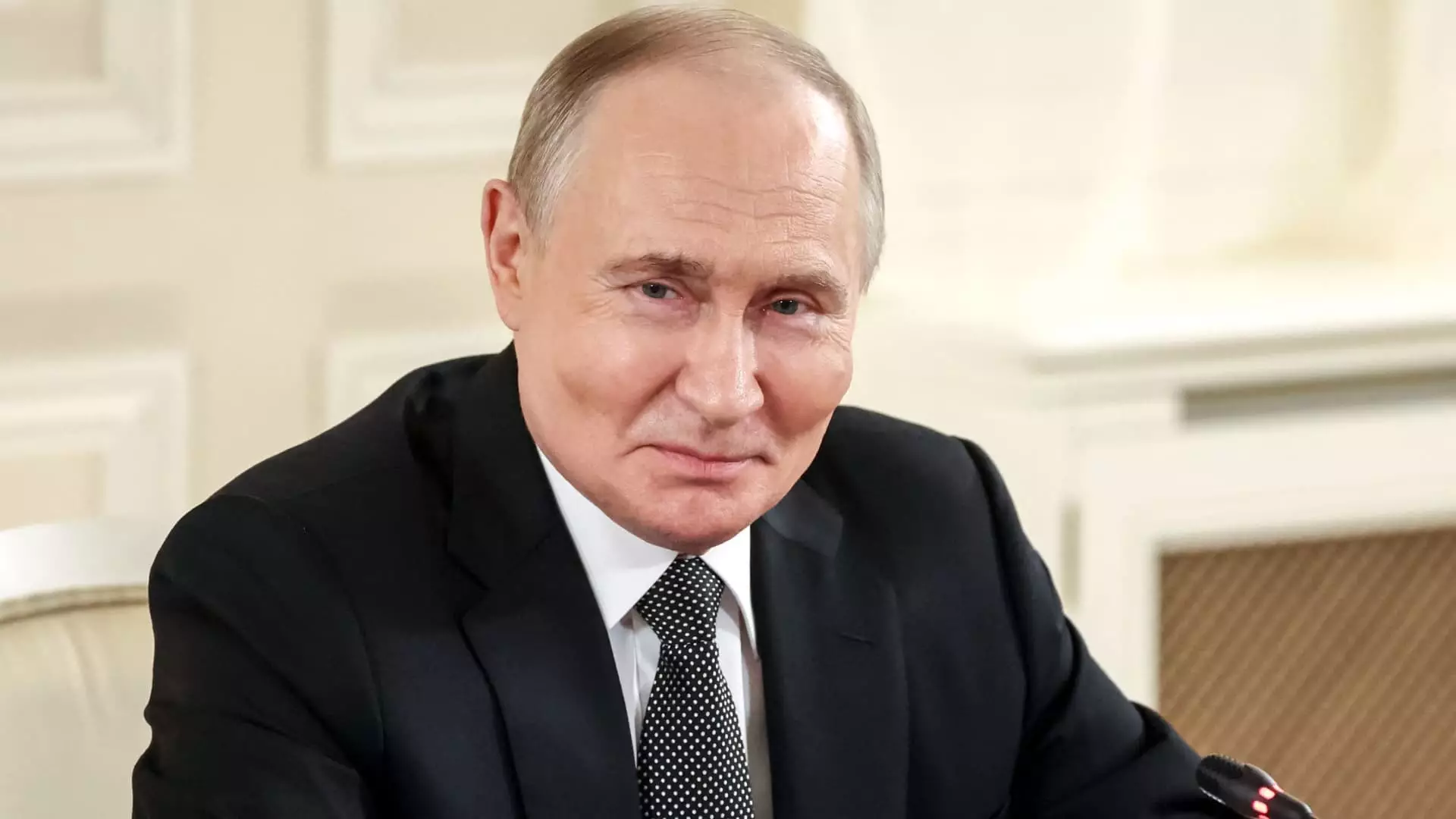The recent comments by Donald Trump mark a troubling departure from nuanced diplomacy towards a rhetoric more rooted in personal frustration and hubris. Instead of fostering diplomatic solutions, Trump vents his dissatisfaction publicly with Vladimir Putin, questioning the very legitimacy of authorities and decisions that underpin complex international conflicts. His language — dismissive, confrontational, and infused with arrogance — undermines the delicate balance necessary for effective leadership during crises. When a former president openly criticizes a foreign leader’s motives and character in such blunt terms, it erodes the possibility of constructive dialogue, weakening America’s diplomatic standing and credibility on the global stage.
Rather than offering thoughtful analysis or strategic planning, Trump’s narrative is driven by emotional outbursts that serve only to deepen divisions. His repeated assertions that actions by previous administrations are to blame for the current conflict display a troubling tendency to scapegoat rather than seek solutions. This behavior is emblematic of a larger pattern: a belief that harsh language and populist bravado can substitute for serious policy engagement. The danger is not merely in his words, but in the underlying message — that leadership is about spectacle rather than substance, which risks hampering international cooperation crucial for ending the war.
The Contradiction of Military Support and Disillusionment
Trump’s stance reveals a fundamental inconsistency. He claims to support providing weapons to Ukraine, yet simultaneously criticizes recent decision-making and questions the motives behind military support. His undisguised confusion regarding who ordered the shipment pause exposes a lack of genuine engagement with the complexity of military logistics and national security. It’s a feigned ignorance that seems more like political theater than an authentic concern, which diminishes the seriousness with which America’s foreign policy should be handled.
Furthermore, Trump’s assertion that the conflict “should have never happened” oversimplifies a deeply rooted geopolitical crisis, ignoring the broader context of Putin’s aggressive ambitions and the necessity of collective security measures. His characterization of Putin’s actions as meaningless “bulls—” not only trivializes the suffering of millions but also dismisses the importance of steadfast alliances and international norms. This cavalier attitude risks emboldening opponents of stability and peace, showing a fundamental misunderstanding of the stakes involved and the importance of consistent, principled leadership.
The False Promise of Personal Diplomacy
Finally, Trump’s recounting of his recent call with Putin illustrates a dangerous myth: that personal relationships and direct conversations can replace structured diplomacy and multilateral cooperation. His disappointment in the supposed lack of sincerity from Putin reveals a naive view of international power dynamics. Leaders do not engage in diplomacy through hope or personal expectations; they do so through strategic negotiation, backed by alliances, and clear red lines. Trump’s focus on individual interactions over institutional processes fosters a dangerous illusion that leadership is about charisma rather than responsible policymaking.
In an era where global stability hinges on coordinated efforts, Trump’s impulsive and polarizing rhetoric threatens to derail any progress towards peace in Ukraine. His words reveal a mindset that equates strength with insult, and diplomacy with defeat — attitudes that are not only unhelpful but outright destructive for fostering the unity necessary to confront authoritarian aggression.



Leave a Reply